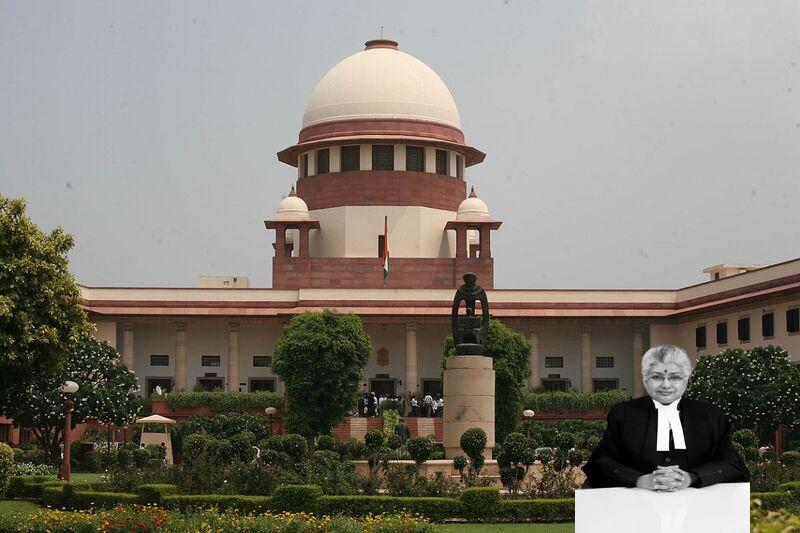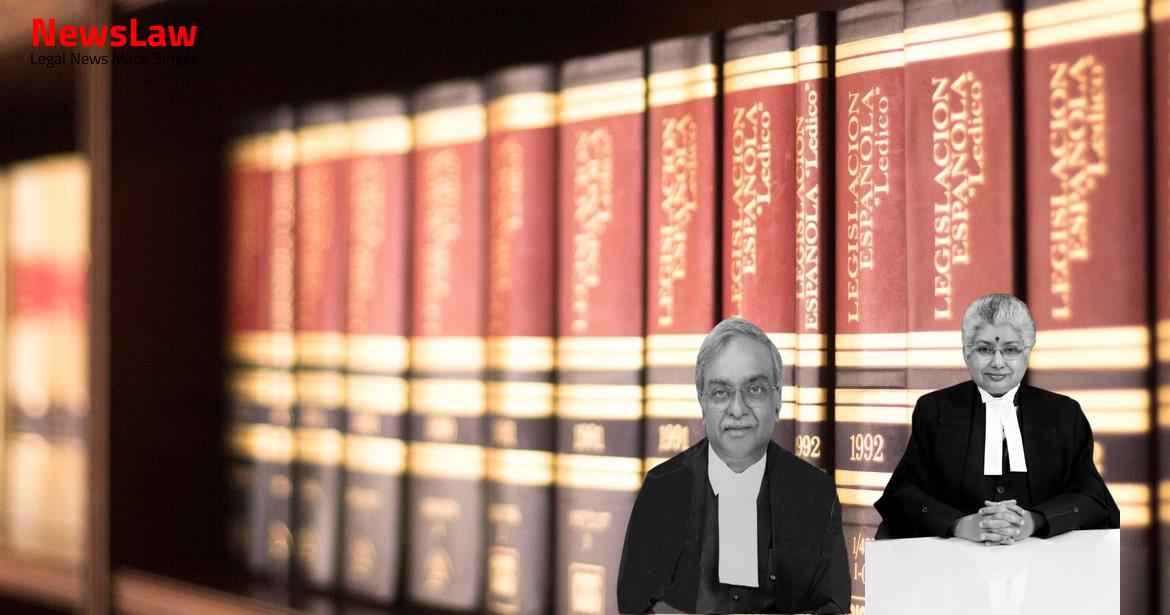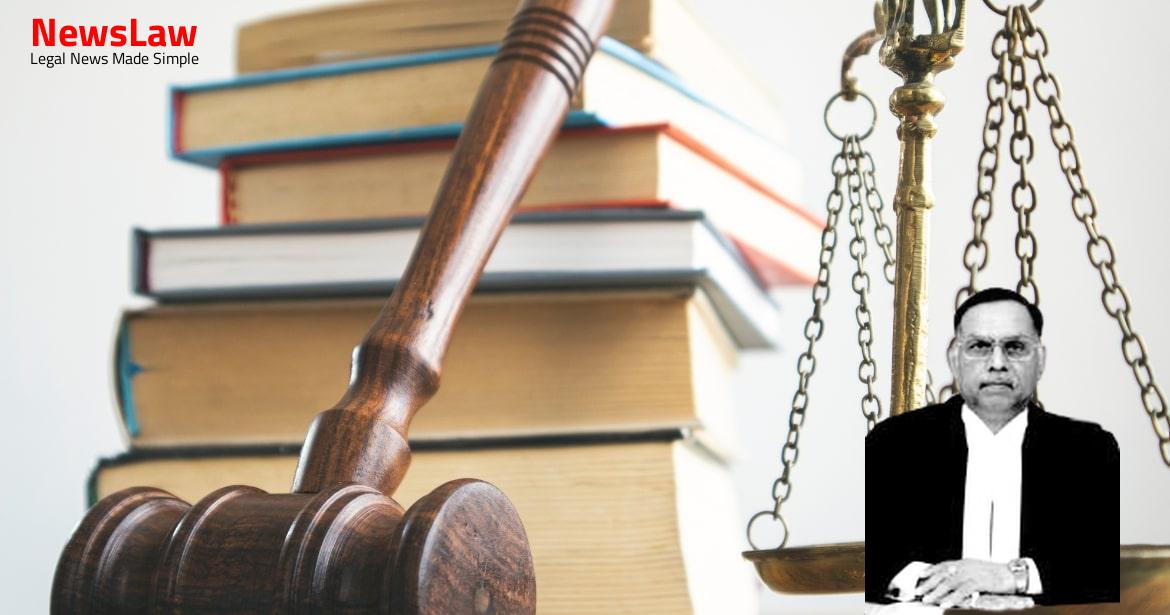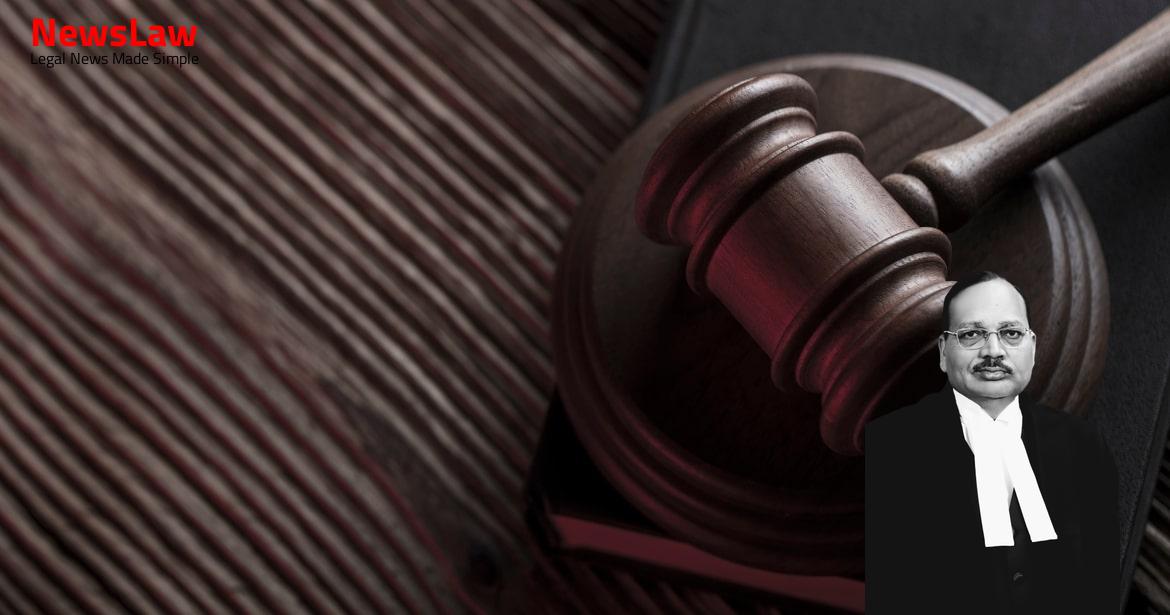Being aggrieved, the defendants in the said suit preferred Regular Appeal No 1/2021 before the II Additional Senior Civil Judge, Bengaluru Rural District at Bengaluru seeking condonation of delay of 2945 days in filing the appeal. Learned counsel for respondent No.2 submitted that respondent No.2 Venkataramanappa died during the pendency of the matter(s) before this Court on 12.01.2023 and his legal representatives have not been brought on record. Learned counsel for the appellants submitted that there are two main serious errors in the impugned judgment: firstly, the Regular Second Appeal has been allowed at the stage of admission without framing a substantial question of law which is contrary to the mandate of Section 100 of the CPC; Secondly, it was submitted 3 that all respondents before the High Court were not heard in the matter(s) and this is evident on a reading of the title of the impugned judgment wherein only respondent No.2 was represented by a counsel as a caveator. She further submitted that ultimately pursuant to the remand made by the High Court full opportunity will be given to all parties and therefore, the impugned judgment and impugned order of the High Court may not be interfered with. This is in breach of the mandate under Section 100 of the CPC; (ii) That the impugned judgment does not indicate that respondent Nos.1, 3 and 4 were heard by the High Court inasmuch as the cause title indicates that only the second respondent as caveator was heard and in the absence of said respondents being heard, the order and judgment passed by the first appellate court in their favour has been set aside. If the High Court thought it fit to condone the delay in filing the Regular Appeal then the matter had to be remanded to the first appellate court to consider the Regular Appeal on merits and not just set aside the trial court decree and remand the case to the trial court for a fresh adjudication.
However, the CPC gives power to the High Court to frame additional substantial questions of law or to mould the substantial questions of law already framed on hearing the parties at the time of final hearing of a Second Appeal. This Court also found that the appeal filed by the appellant before the First Appellate Court was dismissed as barred by time. But on the other hand, in the absence of framing any substantial question of law the appeal has been allowed, that too, at the stage of admission, without issuance of notice to the other respondents Nos.1, 3 and 4 and by hearing only learned counsel for the respondent No.2 before the High Court who was on caveat.
It is to be reiterated that under Section 100 CPC juris- diction of the High Court to entertain a second appeal is confined only to such appeals which involve a substantial question of law and it does not confer any jurisdiction on the High Court to interfere with pure questions of fact while exercising its jurisdiction under Section 100 CPC.” b) State Bank of India vs S.N. 8 (c) Admitting second appeals by formulating a standard or mechanical question such as “whether on the facts and circum- stances the judgment of the first appellate court (2008) calls for interference” as the substantial question of law. The court cannot entertain a second appeal unless a substantial question of law is involved, as the second ap- peal does not lie on the ground of erroneous findings of fact based on an appreciation of the relevant evidence. The second appellate jurisdiction of the High Court under Section 100 is not akin to the appellate jurisdiction under Section 96 of the Code; it is restricted to such substantial question or questions of law that may arise from the judgment and decree appealed against.
It is, however, open to the High Court to reframe substantial question of law or frame substantial question of law afresh or hold that no substantial question of law is involved at the time of hearing the second appeal but reversal of the judgment and decree passed in appeal by a court subordinate to it in exercise of jurisdiction under Section 100 of the Code is impermissible without formulating substantial ques- tion of law and a decision on such question.” e) Raghavendra Swamy Mutt v. Since the parties are before the High Court, it is necessary to ensure that the legal representatives of the deceased-Respondent No.2 herein are brought on record (R-4 before the High court) by the first respondent herein who was the appellant in the High court by filing the necessary applications so as to bring his legal representatives on record and thereafter to dispose of the Regular Second Appeal in accordance with law. It is needless to observe that with the cooperation of the learned counsel for respective parties, the Regular Second Appeal shall be disposed expeditiously.



